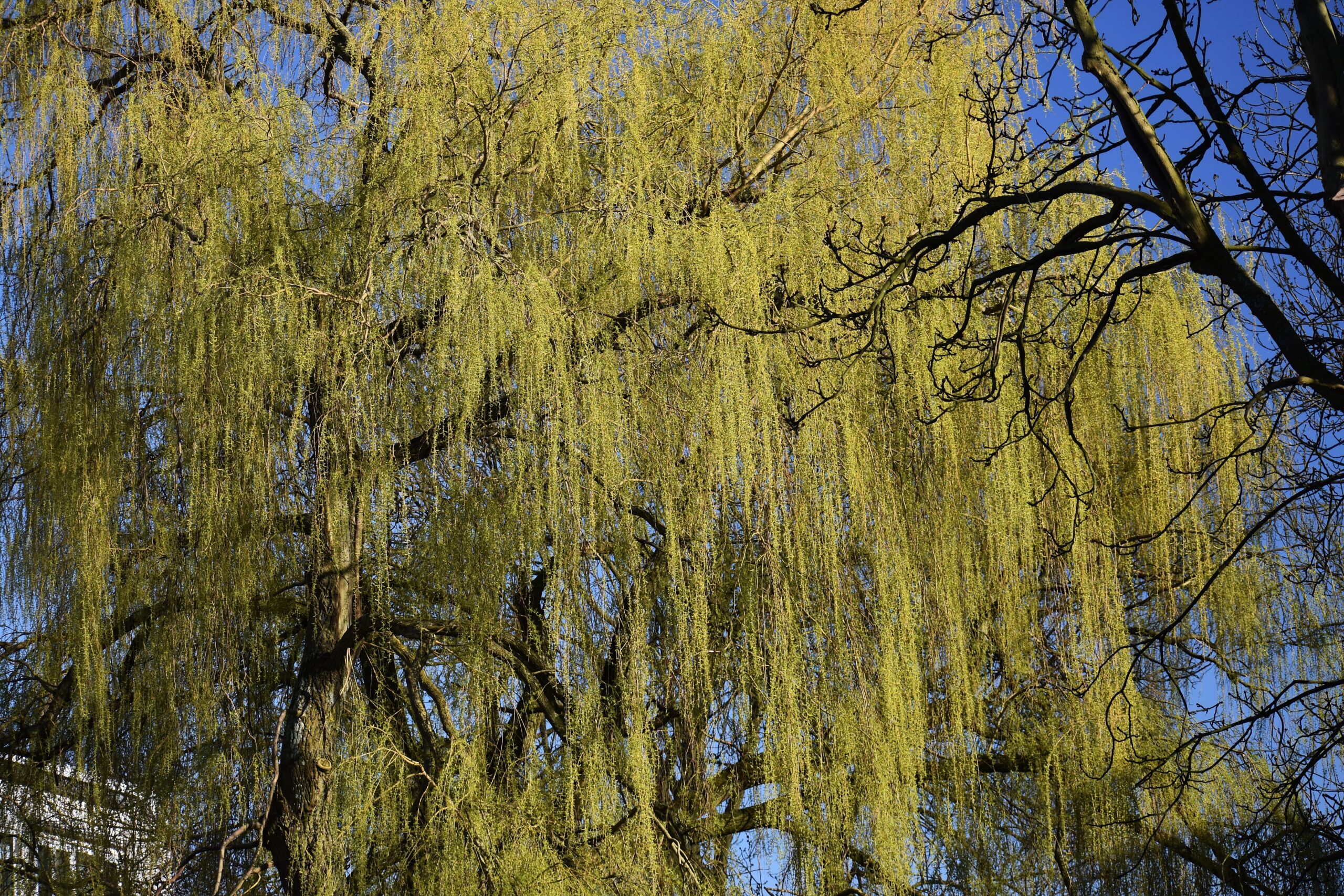Poetry by MARIE-ANDRÉE GILL
Translated from the French by KRISTEN RENEE MILLER
Poems appear in both French and English.
Translator’s Note
to lick the skin of the water / with a tongue I don’t speak
Marie-Andrée Gill’s Spawn is a surprising, colorful, virtuosic collection. Its brief, untitled poems span ’90s-kid nostalgia, the life cycle of fresh-water salmon, a coming of age, and the natural landscape of the Mashteuiatsh reserve, centered on Lake Piekuakami—a site of recreation and commerce, a reminder of conquest and ecological decline, a symbol of the ancient world, of sex, of the cycles of life. These poems are tightly interdependent, and Spawn could truly be read as a single, braided, book-length poem. But I want to focus here on a theme that became especially vital to my project of understanding and translating the book: recovery of language.
In Gill’s Mashteuiatsh community in Quebec, the native language of Ilnu-aimun is spoken as a first language by about seventeen percent of residents, French by eighty percent. It’s no surprise, then, that Spawn, published originally in French, is a text acutely aware of its existence discomfort within a settler language. In Spawn, the young, Indigenous speaker longs for a parole habitable.1 She “lick[s] the skin of the water / with a tongue [she doesn’t] speak.” She knows a story but not “the words to tell it.” She inscribes the world around her, carving words into wet concrete, into tree trunks, into her own skin.
As Spawn’s translator, tasked with rendering the text from one settler language (French) into that of another (English), my work was delicate and intense. The poems in Spawn work to subvert the language in which they’re written, to resist its conventions. Gill starts poems in the middle of sentences, in the middle of thoughts. She capitalizes and punctuates according to an internal logic, then breaks her own rules. She interrupts her own finely tuned sonic play with dissonance and elevated diction with slang. She resists containment; she resists categorization; she resists her French-speaking readers. She unsettles.
In English, I have worked to preserve the tension of Gill’s choices: her reversals of convention, her shifts in register, her project of disruption. I’ve worked to render in English a voice as sensitive and intimate as it is raw and elemental. For Gill’s speaker, the recovery of this voice, this identity, this parole is a lifework. As she asserts in one of the book’s final poems, “We cut our teeth on weapons / I know we are … the language of hailstones.”
I want the America that cries out in your voice
I want our plundered bloods
our earth-colored, powwow bloods
rising in her throat
when she sees us queueing
for the microwave.
Je veux l’Amerique comme elle te ressemble de la voix.
Je la veux de nos sangs bardassès,
nos sangs couleur pow-wow de la terre
qui tremble de la gorge
quand elle nous voit faire la file
devant les micro-ondes
***
A luck: the arena at night and making out
behind the police station
the northern lights dancing on nintendo
chicken buckets, the monthly allowance
happy meals from nobody’s birthday
and weekends in the woods
and partridges to twist.
And the lake, a luck, the lake.
Une chance le soir il y a l’aréna et se manger
les amygdales derrière le poste de police
il y a faire danser les aurores boréales au nintendo
les barils de poulet de l’allocation du vingt
les joyeux festins de la fête à personne
il y a les fins de semaine dans le bois
et les perdrix à tordre.
Et le lac, une chance, le lac.
***
we learn by heart
the logic of nodes
of inordinate knowledge
the internet probes the twilight
in our ruby-throated eyes
no longer capable of flight
nous apprenons par cœur
la logique des nœuds
de toutes les démesures
l’internet trouant la pénombre
dans nos yeux de rouges-gorges
pas capables de voler comme du monde
Footnotes
[1]
A home-like, habitable, livable language; a bearable speech; a survivable word.
Marie-Andrée Gill is Pekuakamishkueu and identifies primarily as a poet. Mother, friend, lover, student, her research and creative work concern transpersonal and decolonial love. Bridging kitsch and existentialism, her writing is rooted in territory and interiority, combining her Quebec and Ilnu identities. She is the author of three books from La Peuplade: Béante, Frayer, and Chauffer le dehors.
Kristen Renee Miller’s poems and translations appear in POETRY, The Kenyon Review, Guernica, The Offing, and Best New Poets 2018. A recipient of fellowships from The Kentucky Arts Council, Vermont Studio Center, Blackacre Conservancy, and the Kentucky Foundation for Women, she is the translator of Spawn, a poetry collection by Innu Nation poet Marie-Andrée Gill, forthcoming in 2020. She lives in Louisville, Kentucky, and is the managing editor at Sarabande.




